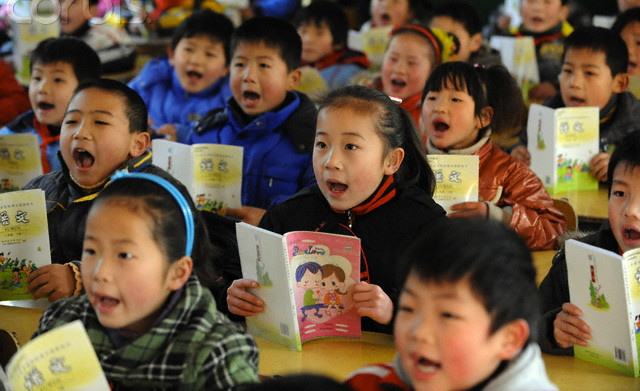I recently read a not-so-recent article about a group of UK teachers who went to China to try to understand the secret to the high performance of Chinese students in international tests. The alleged results came as quite a shock.
According to the article, the “traditional” methods used in China — the same that the West has been disregarding as useless, obsolete and counter-productive for decades — such as teacher presentation, memorisation and drilling, could be exactly the reason for Chinese students success in education.
If I draw to my personal experience, I remember when I was studying Mandarin in China: every teacher’s lesson started with reading and repeating vocabulary, then reading some sample dialogues or texts and memorising them in pairs. I remember hating that method and thinking how useless and boring it was for me as a student.
However, some years later, when I found myself teaching Mandarin to Italians, I started to appreciate this approach. Mandarin is an isolating language, which means that there are no changes in the form of a word. What changes the meaning is the position of a word in a sentence or adding some specific particles. If this wasn’t enough, tomes play a crucial role in the language, and are one of the biggest obstacles for Westerners learning the language. With such a tonal, grammar-poor language (any linguists reading this please disregard this definition), repeating sample sentences is a very effective way to memorize words, intonation and sentence structure and to sound more natural when you speak.
What should I make of all this? Well, first of all I didn’t check the source of the study mentioned, neither did I read in detail the reports and details of the study, so the whole article might be a misinterpretation or an over-simplification of the findings (as it is often the case). But one thing is for sure: reading the article and remembering my Chinese experience just confirmed how teaching is the exact opposite of an exact science. Ideas, methods and techniques change greatly from year to year, from language to language, from country to country, from individual teacher to individual teacher.
I guess the whole point I wanted to make with this post is that I strongly believe no method or approach should be completely discarded because — as I wrote elsewhere — even translation turned out to be a winning approach with a small group of absolute beginners I taught a couple of years ago. I guess it all comes down to the students you have in front of you, to the cultural background you are teaching in and to your beliefs as a teacher.
Let me close this post with one of my favourite quotes from Confucius’ Analects:
學而不思則罔,思而不學則殆
xué ér bù sī zé wǎng, sī ér bù xué zé dài
To learn without thinking is labor lost, to think without learning is perilous.
Could we apply this to teaching too?
